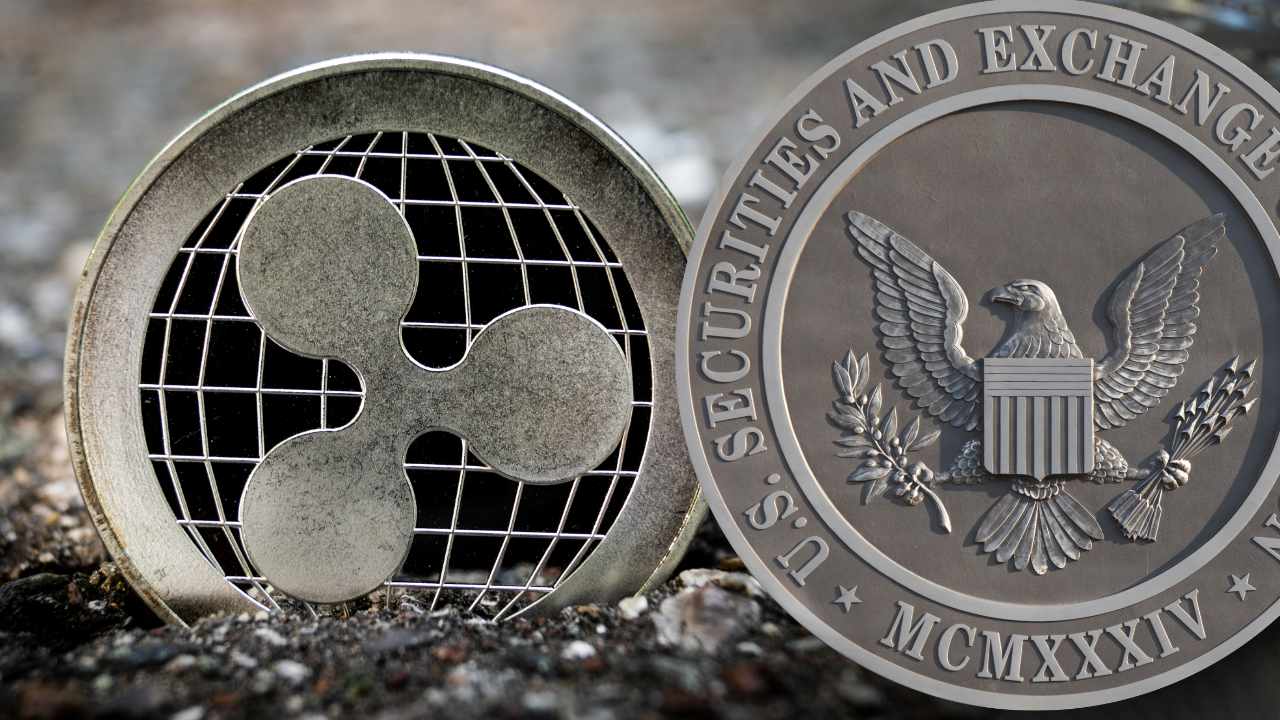The firm challenges the notion that DOGE lacks financial merit, presenting data that suggests even a small allocation can meaningfully enhance a portfolio’s performance.
The study modeled what happens when just 1% of a Bitcoin-weighted 60/40 portfolio (traditional stocks and bonds, plus 3% BTC) is allocated to Dogecoin. Across the board, portfolios with DOGE outperformed the baseline in both returns and risk-adjusted metrics. Annual returns increased from 7.25% to nearly 9% in some cases, and Sharpe ratios — a key measure of risk-adjusted performance — improved consistently.
While adding DOGE introduced slightly more volatility, drawdowns remained relatively contained. Even portfolios left untouched without rebalancing only saw a modest dip in downside performance, suggesting the inclusion of Dogecoin added upside potential without destabilizing the overall mix.
Beyond historical modeling, 21Shares also shared forward-looking price targets for Dogecoin by 2025. In a bullish scenario, the firm sees DOGE reaching $1.42, citing growth patterns from past cycles. A neutral projection places it at $1.00, while a conservative outlook estimates a floor near $0.38 — assuming the asset doesn’t surpass its previous all-time high from 2021.
Despite ongoing debates about whether rival tokens like Shiba Inu could overtake it, Dogecoin continues to show resilience — and now, according to 21Shares, it may also deserve a serious seat at the investment table.
The post Dogecoin Isn’t a Joke Anymore – Here’s the Data to Prove It appeared first on Coindoo.








.jpg.webp?itok=1zl_MpKg)





 Bengali (Bangladesh) ·
Bengali (Bangladesh) ·  English (United States) ·
English (United States) ·